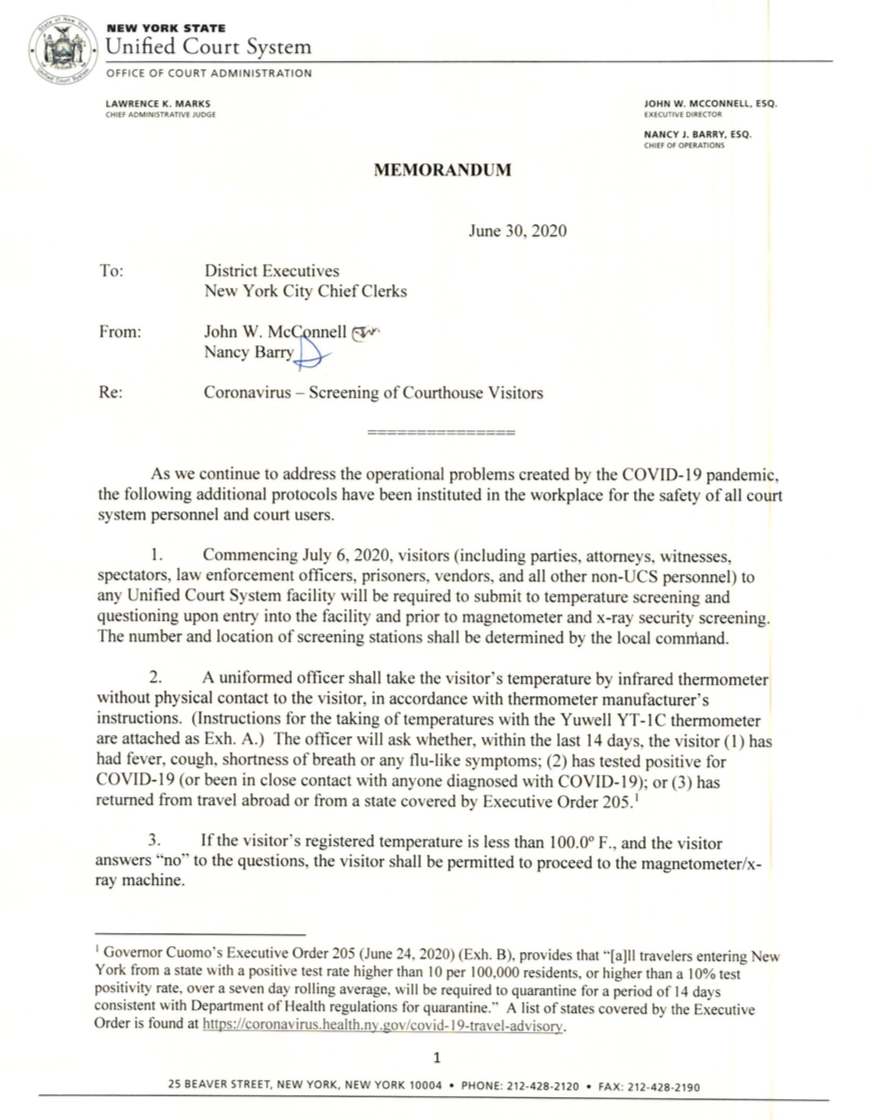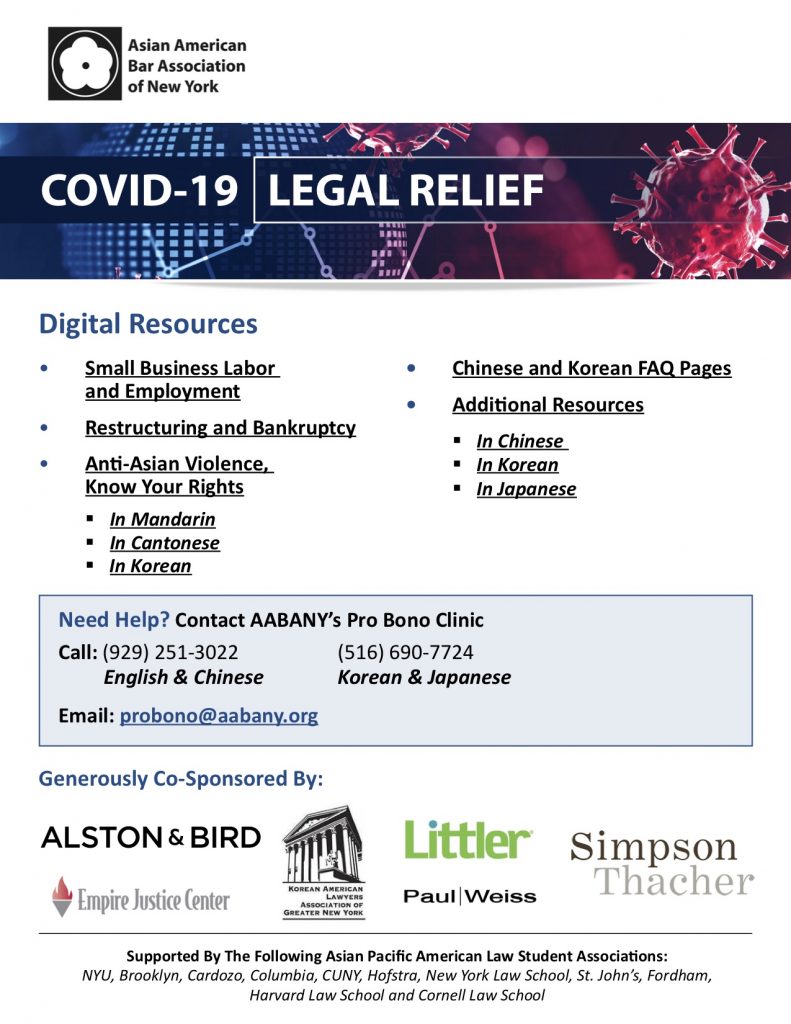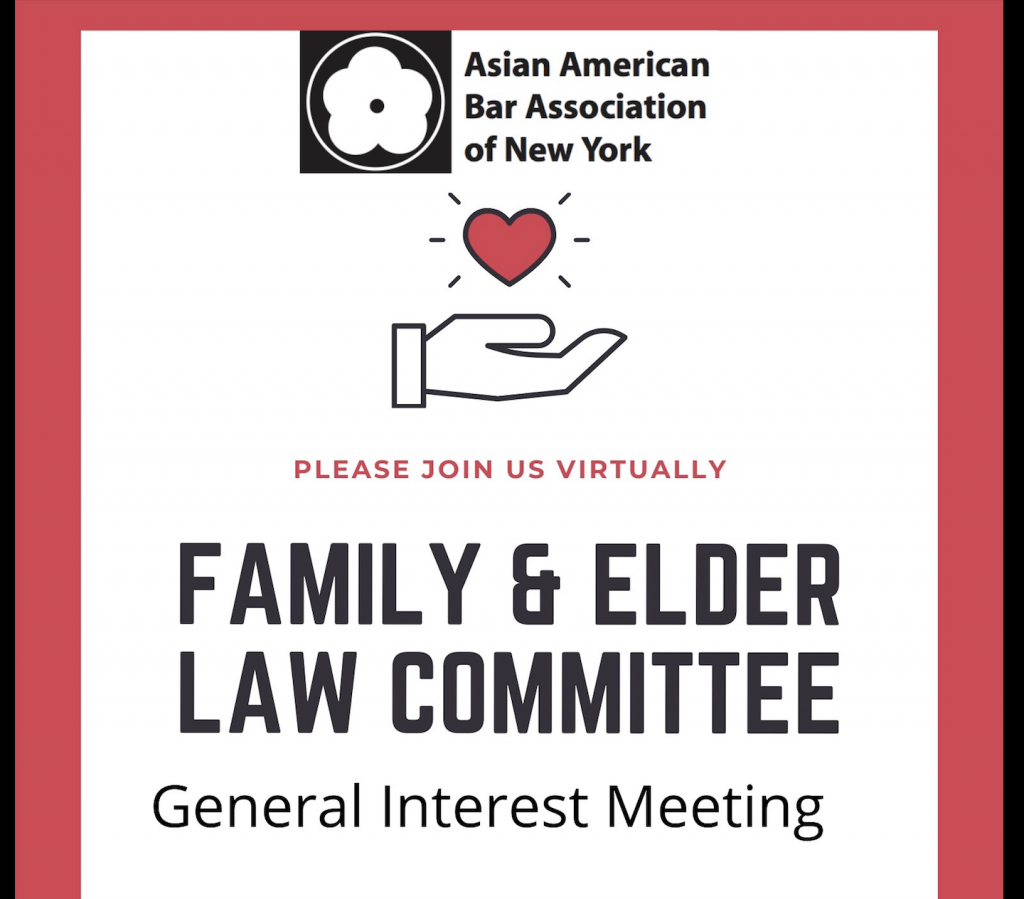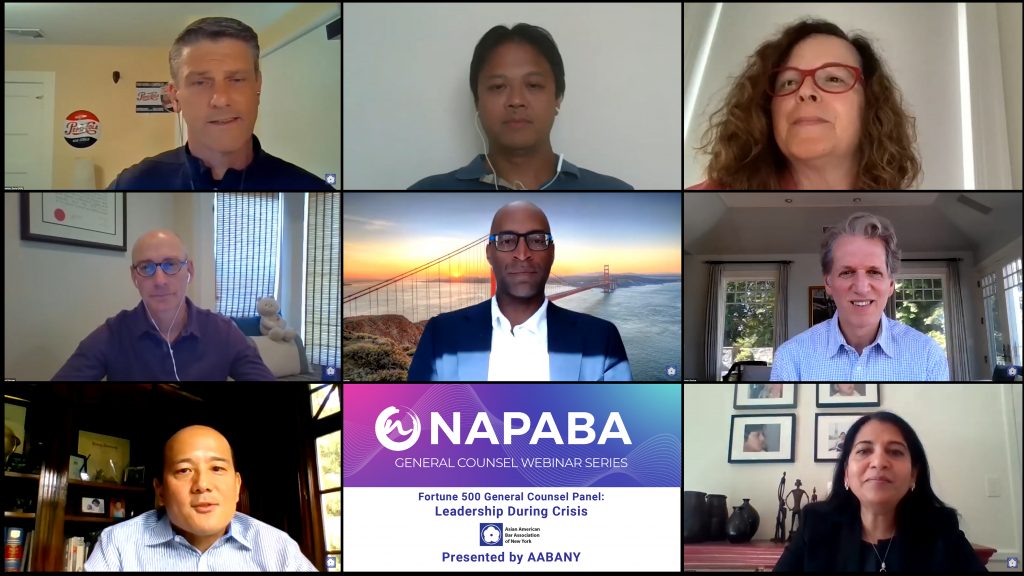During this period of upheaval caused by the evolving Covid-19 pandemic, the Asian American Bar Association of New York (“AABANY”) will be reopening its pro bono legal clinic in a remote capacity to continue aiding the Asian Pacific American community with legal issues including: immigration, housing, employment, family, and elder law. To promote the remote clinic as well as other rich resources relating to the Covid-19 pandemic that AABANY has developed, student volunteers will be going door-to-door this Friday, July 3, to share informational flyers with Asian neighborhood small businesses and residents in Manhattan and Queens.
AABANY’s Pro Bono Legal Clinic opened in 2015 to serve members of the Asian Pacific American community who have limited English proficiency (“LEP”) so that they can have meaningful access to justice. Mobilizing the skills and experience of AABANY’s diverse membership, the Pro Bono and Community Service Committee has spearheaded the Clinic’s effort in helping nearly 2,000 LEP individuals in the vast yet underserved Asian American community in New York through its Clinics in Manhattan’s Chinatown and Brooklyn’s Bay Ridge neighborhoods. In response to the COVID-19 pandemic, AABANY’s walk-in clinic hours unfortunately had been suspended indefinitely. However, individuals from the Asian Pacific American community can now call and request remote assistance from volunteer attorneys by phone.
Student volunteers from the Asian Pacific American Law Student Associations (“APALSAs”) of NYU, Brooklyn Law, Cardozo, Columbia, CUNY Law, Hofstra, New York Law School, St. John’s, Fordham, Cornell, and Harvard have been working hard to promote the clinic and AABANY’s compilation of Covid-19 related resources via social media and email through their networks and community contacts. On Friday, July 3, they will go into the neighborhoods of Chinatown, Koreatown, Woodside, and Elmhurst to directly get the information out to the community.
“During these unprecedented times, there is a tremendous need for free legal assistance. Many cannot even afford to meet their basic needs and yet they still face many legal issues with nowhere to turn. I applaud the Asian American Bar Association of New York for offering this much needed service to the immigrant community and the community at large,” says New York Committeewoman Sandra Ung, who in March was set to open the Queens expansion of the Pro Bono Clinic in Downtown Flushing until the shutdown was announced.
“The serious challenges brought on by COVID-19 have severely impacted the APA community in New York,” states AABANY President Sapna Palla. “AABANY’s Pro Bono Clinic has served the APA community for many years before COVID-19 with competent legal services and information, overcoming linguistic, cultural and financial barriers. AABANY is pleased to be able to continue the vital work of the Pro Bono Clinic through remote operations, with proper regard for the health and safety of our community members, so that we can continue assisting them with their legal issues during these unprecedented times.”
See the flyer below for more information and how to contact the clinic for assistance. Check out https://www.aabany.org/page/covid19 for additional resources.






